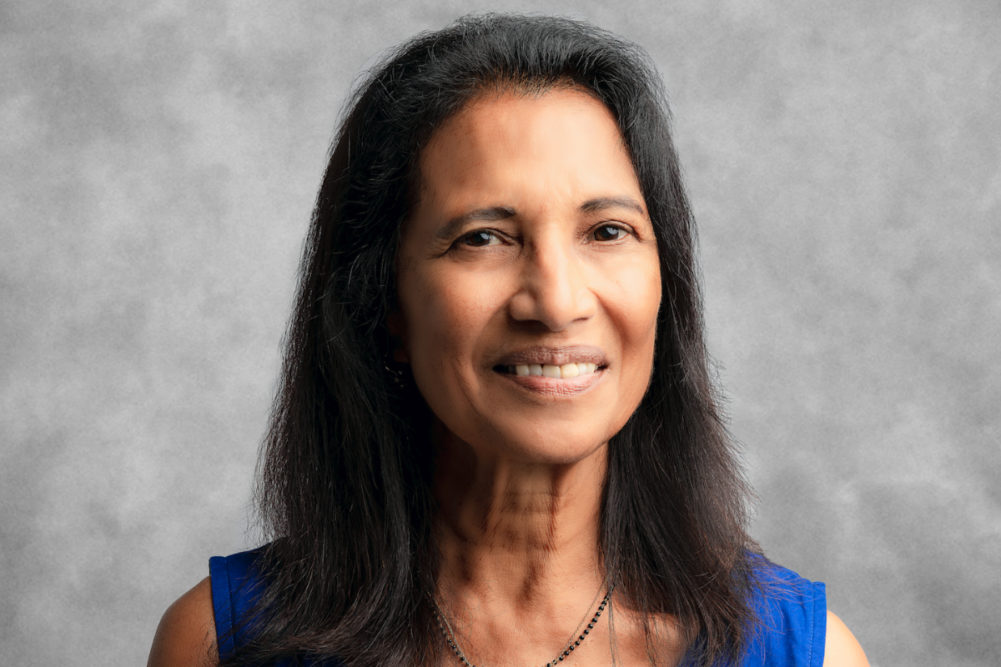DES MOINES, IOWA — Shakuntala Haraksingh Thilsted, PhD, was named this year’s World Food Prize Laureate for her achievements in pioneering fish-based food systems to improve nutrition, health and livelihoods. Dr. Thilsted is the global lead for nutrition and public health at WorldFish, a CGIAR research center headquartered in Malaysia.
Dr. Thilsted was the first to establish that many small fish species commonly eaten across Southeast Asia are an important source of essential micronutrients and fatty acids and improve the absorption of nutrients in plant-based foods, reshaping scientific understanding of the benefits of fish in diets. This breakthrough has helped prioritize increases in fish consumption and production, transforming the diets and incomes of some of the world’s most vulnerable people.
“Dr. Thilsted is the seventh woman to be awarded the World Food Prize and the first woman of Asian heritage,” said Barbara Stinson, president of the World Food Prize Foundation. “She is at the helm of our global progress in the UN Decade of Action and continues to stand at the forefront of innovation, pushing the boundaries of nutrition-sensitive food systems, truly changing the conversation from not just feeding populations but nourishing them.”
The World Food Prize is considered one of the most prominent global awards for individuals whose breakthrough achievements alleviate hunger and promote global food security. Dr. Thilstead received a $250,000 prize.
“I am truly honored to receive the 2021 World Food Prize, and I am deeply humbled to be placed in such distinguished ranks as those of past Laureates,” Dr. Thilsted said. “This award is an important recognition of the essential but often overlooked role of fish and aquatic food systems in agricultural research for development. Fish and aquatic foods offer life-changing opportunities for millions of vulnerable women, children and men to be healthy and well-nourished.”
Dr. Thilsted began her career as the first and only woman stationed in Tobago’s Ministry of Agriculture, Lands and Fisheries. Later, while working at the International Centre for Diarrhoeal Disease Research in Bangladesh, she established a kitchen garden at the malnutrition rehabilitation center where more than 6,000 children were admitted every year. Dr. Thilsted later began researching the role of fish and aquaculture, working with international organizations including UNICEF, the UN’s International Fund for Agricultural Development (IFAD), the World Bank and, since 2010, WorldFish. She also holds leadership roles in the United Nations Food Systems Summit 2021 and the High-Level Panel of Experts on Food Security and Nutrition.
“As our global population grows, we will need diverse sources of low-emission, high-nutrition foods like aquaculture,” said Secretary of Agriculture Tom Vilsack. “It is going to be crucial in feeding the world while reducing our impact on the climate. Dr. Thilsted has been a leader in this effort and certainly a worthy recipient of the World Food Prize this year.”






